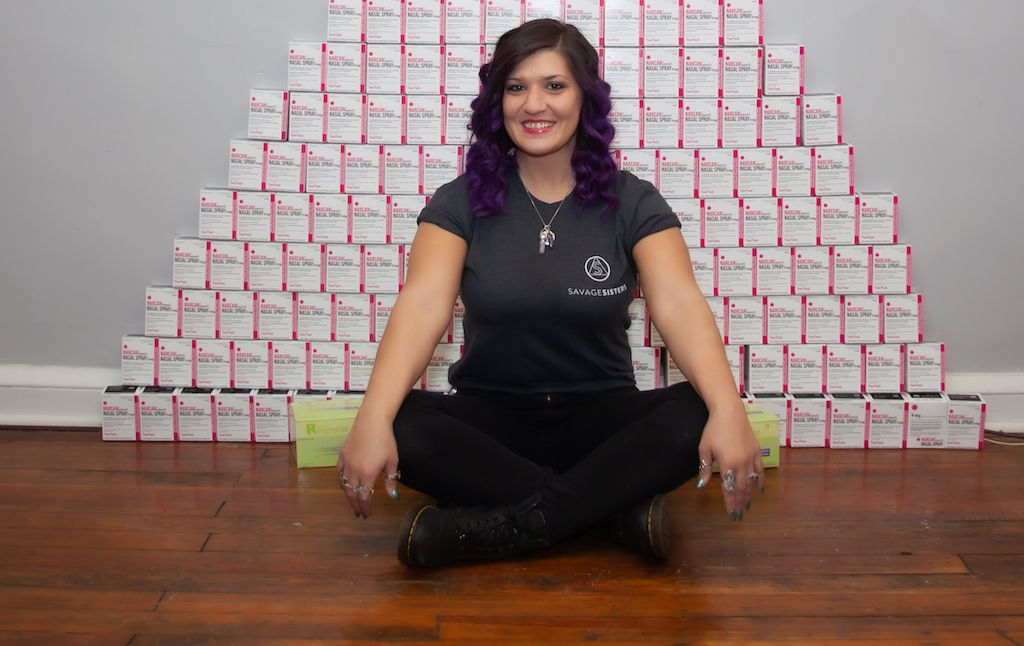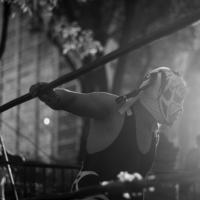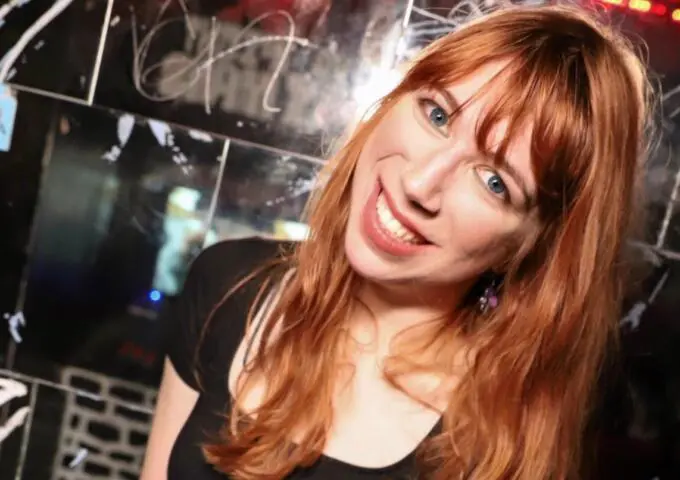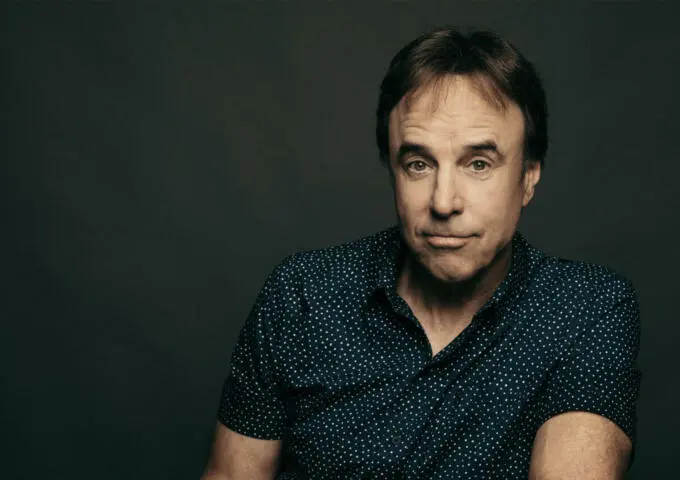Sarah Laurel, a former Delaware County resident and drug user, is the founder and executive director of Savage Sisters Recovery, a Philadelphia nonprofit focused on helping those affected by substance abuse disorder and homelessness.
Initially, Savage Sisters was one recovery house for women in South Philly. Currently, it has four operational recovery houses (two for women and two for men) and one opening soon, all located in Philadelphia. The mens program operates under the acronym “SIR” – Savages in Recovery.
Savage Sisters also hosts monthly outreaches held in Kensington where it provides harm-reduction tools, care kits, food, clothing, love, support and advice to the homeless and those affected by substance use disorder.
Laurel is no stranger to the struggles of overcoming addiction. Once she found a winning strategy that helped her heal her mind, body and soul, she was able to maintain sobriety and wanted to share her program with others.
PW recently caught up with Laurel to talk about her organization and the ways it is helping numerous residents.
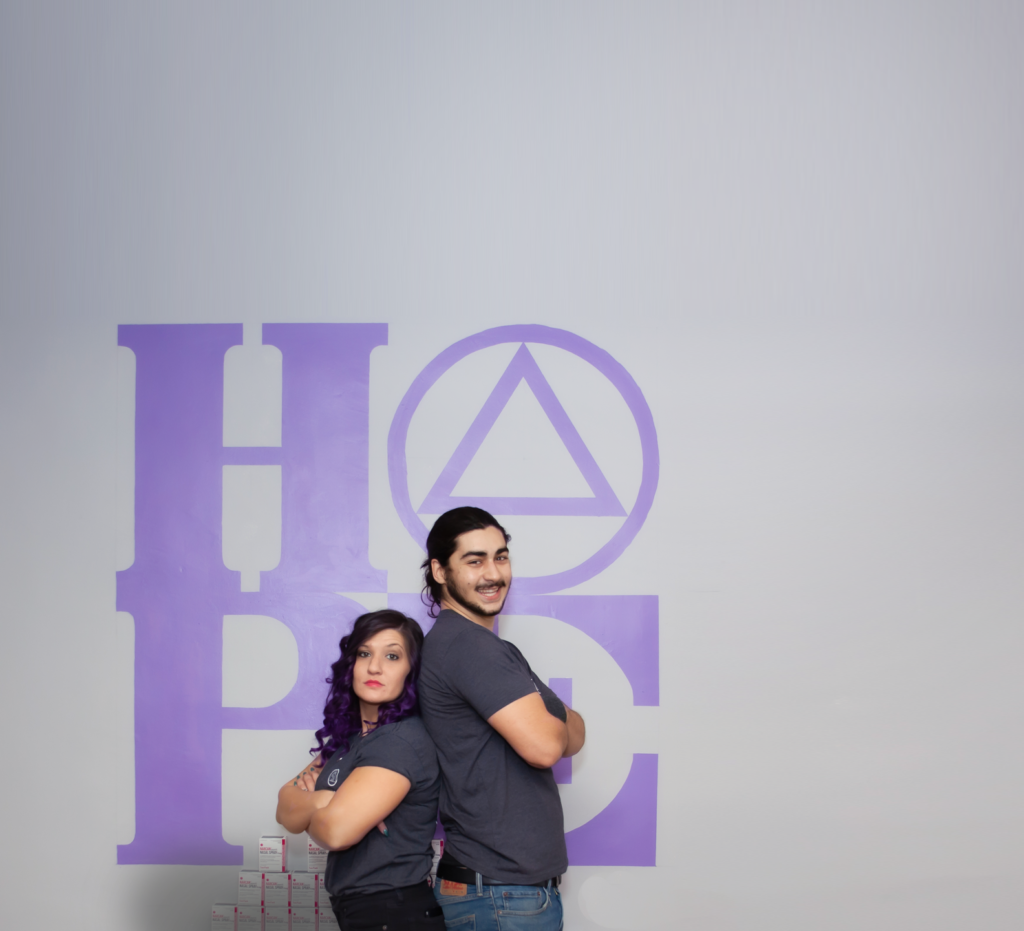
What motivated you to start Savage Sisters? How did you come up with the name?
I was assaulted in Kensington during my active addiction and went out of a second-story window. This resulted in my hospitalization for weeks and my recovery. When I arrived at the hospital, the dress I was wearing said SAVAGE in gold, bold letters. It was all I saw in my clear, plastic hospital bag when I was in the ICU. When I was transferred to a different floor and getting hip surgery, I googled the word. The word ferocious stood out in the definitions. When I was using, I chased my drugs with a ferocious appetite. Savage Sisters is about chasing your recovery ferociously and applying that energy to all our efforts.
I was assaulted in Kensington during my active addiction and went out of a second-story window.
– Sarah Laurel
I started Savage Sisters in an effort to build a safe, structured space that encompassed more than just the average recovery house shuffle. I used resources that helped me recover from an absolute desperate space, holistic healing, healthy foods and physical practices and spiritual strengthening. The outreach was just an effort to help friends and others still stuck in the painful cycle of active use, respecting their human right to use while helping them reduce harm. With a non-judgmental and relatable energy, they feel comfortable and receptive to simple acts of kindness.
Savage Sisters has grown from one recovery house to four, with another opening soon. Can you talk a little about your strategy and how you have continued to grow and serve more people?
For three years, Savage Sisters has operated on a volunteer basis, we had no paid staff. I worked alongside my family and close friends to do everything we could to provide safe, structured programs and outreach. The program proved successful and more people joined. Everything we have now happened organically.
Now that we have the houses and organized outreach efforts, we are growing and our plans are becoming more definitive and concrete. Opening a house takes time, effort and proper management. The goal for the next 90 days is to ensure the new houses we have are running smoothly and then open a new property this summer for men, and a seventh property this fall. As our houses remain full, the need to provide more space is increasing. Savage Sisters’ board and team are working tirelessly to provide more safe housing options for those on the recovery journey.
The pandemic has thrown a wrench into most plans over the last year or so. How has Savage Sisters pivoted to continue to serve the women and men who need its services?
Living in Kensington during the pandemic, I saw firsthand how quickly the shutdown affected those living on the streets. While we weren’t able to hold events, I was able to drive around and provide some harm-reduction kits, clothing, food and blessing bags. Our director of outreach joined the team in the summer and jumped right on board with street-level crisis outreach in Kensington. Jaymie has been a huge asset to continuing our efforts throughout the pandemic. We pooled our resources and dedicated our time to do what we could while organizations halted their services due to CDC guidelines.
Savage Sisters houses were strained due to the pandemic. Our residents, many newly sober, were unable to engage socially, which is huge in early recovery. Almost all of them were without jobs and were stuck in the house. Savage Sisters quickly came up with a plan to keep the women engaged, in service and active during the shutdown. We created Savage Sewing, sent the women sewing machines, fabric and got them lessons with a professional seamstress. We sold the masks and gave the proceeds to the residents. Savage Sisters had to come up with several creative ways to keep the women active, encouraging in-house yoga via Zoom, sending board games and encouraging daily partnered walks.
Living in Kensington during the pandemic, I saw firsthand how quickly the shutdown affected those living on the streets.
– Sarah Laurel
Unfortunately, once the pandemic money started coming in, this instant influx of cash was a huge setback for those in early recovery. During those months, we watched several people relapse and had to deal with the emotional toll it took on our residents and those in our community.
Savage Sisters holds monthly outreaches in Kensington to provide harm-reduction tools, care kits, food, clothing, love, support and advice to the homeless and those affected by substance use disorder. What’s been the reaction of those on the receiving end of your visits? Are there any stories you can share about those you’ve been able to help?
Most of the recipients are very grateful, kind and receptive. There are several people we have developed a relationship with and helped move along in their journey, providing them with resources along the way. We have taken those willing to treatment, urgent care and crisis centers. Many of those we serve do not have phones or ways to stay in contact, so we do what we can in those moments and keep it moving. There have been times when I will see people I’ve helped in a meeting and they will recognize me, but there isn’t a system in place. Our goal is to provide love, kindness and resources, with no expectation or motive.
I had the pleasure of meeting a woman in Kensington last year as she was starting her journey. She was staying on Somerset [Street] and trying her hardest to remain sober each day. I spent a lot of time talking to her, building a relationship and learning about her story. Eventually, she picked up again and went through a very painful ordeal. After a month of active use, she reached out and we were able to discuss best options together. She decided that going to Savage Sisters was something she was open to, and we were thrilled to have her. She moved in, started therapy, got a sponsor and quickly started blossoming. Today, she is the house manager at one of our new properties and is a daily example of recovery in action. I am so humbled and blessed to have been a part of her journey, the painful part, and, of course, her comeback.
What are some of the long-term programs policy makers should be considering to help the homeless and those affected by substance abuse disorder?
Savage Sisters is in line with the pulse of the streets, we are very much a “boots on the ground,” grassroots organization. One thing I know from my own experience and listening to my friends down the way, is that our biggest objection to help is open warrants and issues with the legal system. No one wants to go to jail and no one wants to face up to the overwhelmingly daunting wreckage of our past. We started a new initiative, PUSH, People United for Social Healing, an advocacy program for outlaws, if you will. The goal is to serve as an advocate between the individual and their parole/probation officer, navigating the system with them and putting a treatment plan together properly while also treating their disease. Savage Sisters will remain in contact with the parole/probation office to update the on progress and ensure compliance. We believe this will reduce the fears our friends have of facing the failing system and actually leave room for healing and progress.
How can people get involved and stay current with what Savage Sisters is doing?
Through our website, savagesisters.org, and Facebook, facebook.com/savagesistersrecoveryinc.
Our volunteers are free to attend our large events on the third Saturday of the month, just contact us at 610-818-7888 or email sarah@savagesisters.org.
